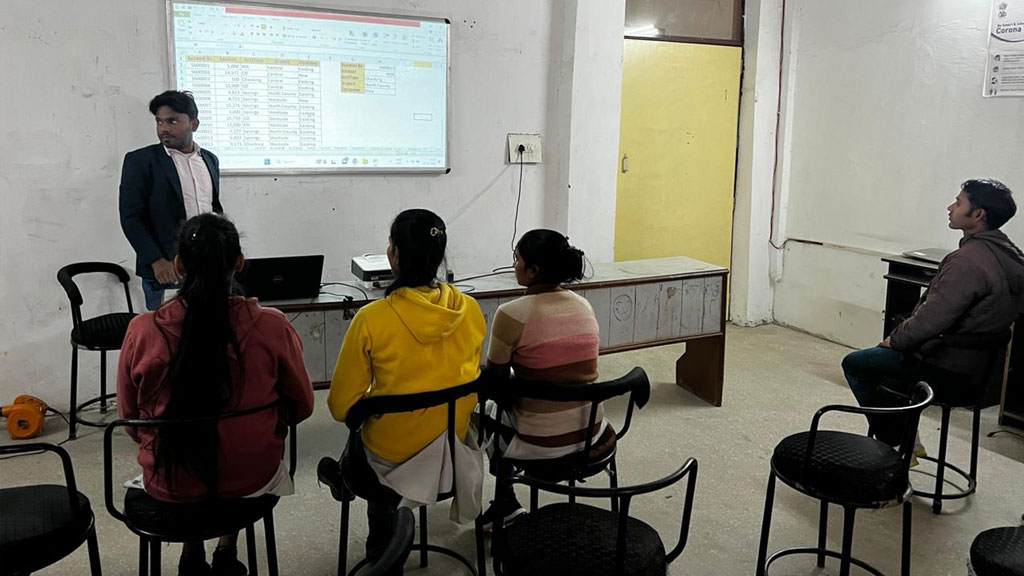Introduction:
Education has long been recognized as a powerful tool for social mobility and equalization. In recent years, Corporate Social Responsibility (CSR) has emerged as a key player in promoting education as a means of creating a more equitable society. This blog post explores the vital connection between CSR and education, highlighting how responsible business practices contribute to breaking down barriers and fostering inclusive learning opportunities for all.
The Role of Education in Social Equality
Education is a cornerstone of societal progress and individual empowerment. It serves as a catalyst for breaking the chains of inequality, offering individuals the tools and knowledge to shape their destinies. Access to quality education is often considered a fundamental right, and its impact reverberates across generations.
CSR’s Embrace of Education: Beyond Profit to Purpose
Corporate Social Responsibility extends corporate values beyond profit-driven motives. Many companies recognize the role they play in the communities they serve and acknowledge the transformative power of education. CSR initiatives that focus on education underscore a commitment to social good and sustainable development.
Access to Quality Education: Bridging the Opportunity Gap
CSR initiatives in education often target marginalized or underprivileged communities, aiming to bridge the opportunity gap. This includes programs that provide scholarships, fund school infrastructure projects, or support educational resources for those who might otherwise face barriers to quality learning.
Innovative Partnerships: Collaboration for Educational Impact
CSR fosters collaboration between businesses, NGOs, and educational institutions. Such partnerships leverage collective resources to create innovative educational solutions. For example, a tech company might collaborate with schools to provide access to digital learning resources, ensuring that students have access to modern educational tools.
Skill Development Programs: Empowering the Workforce
Beyond traditional academic education, CSR initiatives often focus on skill development programs. By investing in vocational training, mentorship programs, and workshops, companies contribute to building a skilled and empowered workforce, particularly in communities where employment opportunities may be limited.
Supporting Educators: Recognizing the Champions of Change
CSR isn’t only about students; it also recognizes the crucial role of educators. Initiatives that support teacher training, provide resources, and create conducive learning environments contribute to the overall improvement of educational outcomes.
Digital Inclusion: Bridging the Technology Divide
As the world becomes increasingly digital, access to technology is a key determinant of educational success. CSR initiatives that focus on digital inclusion, such as providing devices or internet connectivity to underserved communities, play a pivotal role in ensuring equal access to educational resources.
Community Engagement: Tailoring Solutions to Local Needs
Effective CSR in education involves understanding and addressing the unique needs of each community. Companies that engage with local stakeholders, listen to community leaders, and tailor their initiatives to the specific challenges faced by different regions contribute to sustainable, community-driven educational solutions.
Measuring Impact: Accountability in Education
CSR efforts in education are most impactful when companies commit to measuring and assessing their initiatives’ effectiveness. This commitment to transparency and accountability ensures that resources are deployed where they can make the most significant difference, maximizing the positive impact on educational outcomes.
Conclusion:
The connection between Corporate Social Responsibility and education is a testament to the belief that businesses can be a force for positive change. By focusing on education as a social equalizer, CSR initiatives contribute to breaking down barriers, creating opportunities, and fostering a more inclusive and equitable society. As businesses embrace their role in shaping the educational landscape, they become agents of change, working towards a future where access to quality education is a universal right, not a privilege.
- By admin

